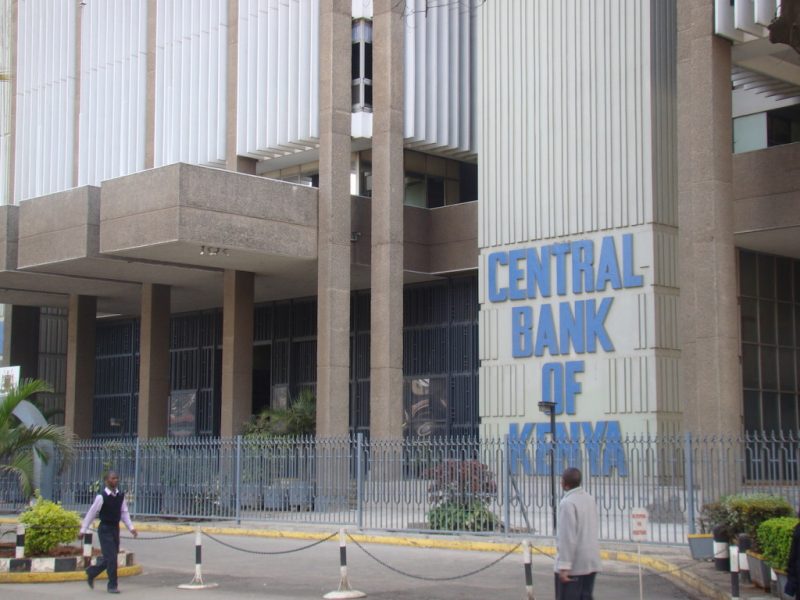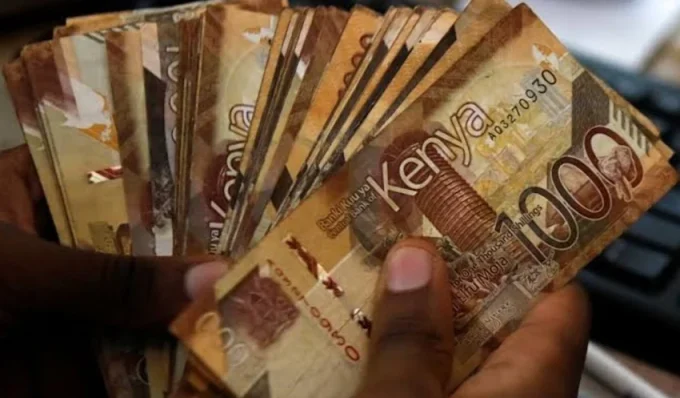Statistics from the Central Bank of Kenya (CBK) suggests that Kenyans do not prefer keeping their money in banks as currency in circulation outside banks increases. In fact, Kenyans only put their money in banks when they had to change old notes.
According to CBK’s latest statistics, money circulating outside banks rose by Ksh 33.9 billion in two months hence touching a five-month high after the end of the demonetisation process in September. This indicates that Kenyans who had brought their money to banks for demonetisation have since withdrawn the cash.
The Fresh data from the Central Bank shows that currency outside banks rose from Ksh 157.7 billion in September to Ksh 191.6 billion in November. Prior to this, the figures had significantly dropped as Kenyans rushed to change their old 1000 shilling notes to the new ones.
The amount of money outside banks is still set to rise if it is to get to the figures that existed before monetisation. The circulation was at Sh222 billion in May before dropping to Sh196.9 billion in June when the four-month exercise of mopping up the old Sh1,000 notes started.
A CBK Gazette notice on May 31, 2019 said the older Sh1,000 banknotes were withdrawn from circulation and would cease to be legal tender on October 1, 2019.
See Also>> CMA Blocks Withdrawals From Fund Manager to Protect it From Collapse
The fastest drop in cash outside lenders was seen in the September-October period when it dipped by 26.4 percent or Sh27.2 billion to close at Sh157.7 billion. During this time, Kenyans were rushing to change their old 1000 shilling notes before the September 30 deadline.
Most cash-rich persons and businesses that handle high liquidity prefer holding money in cash to meet their transaction needs. After changing their money to the new currency, things are back to basic with Kenyans now preferring having their money in cash.
CBK announced last year that it received 209,661,000 pieces of the old Sh1,000 notes at the end of September in contrast with 217,047,000 pieces that were in circulation on June 1. This means Sh7.386 billion worth of cash was rendered worthless at the end of demonetisation.
“A significant proportion of this amount would represent cash that was held by individuals who were unable or unwilling to subject themselves to the robust checks in place,” CBK announced.













Leave a comment